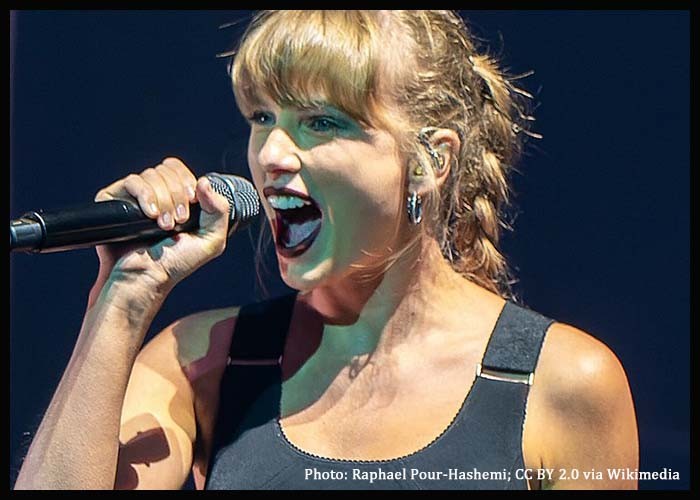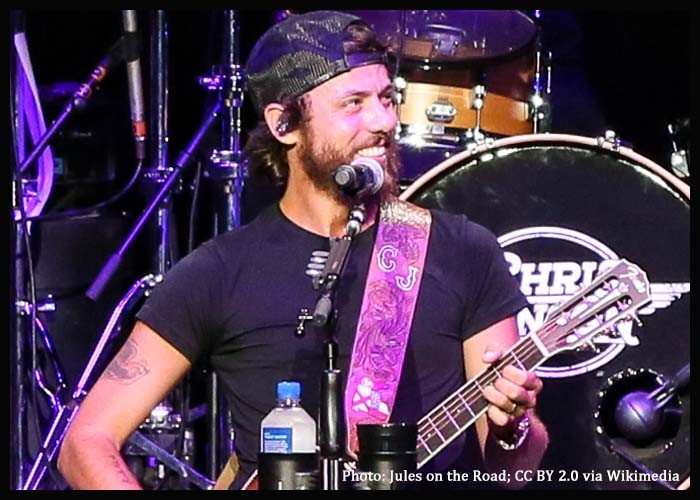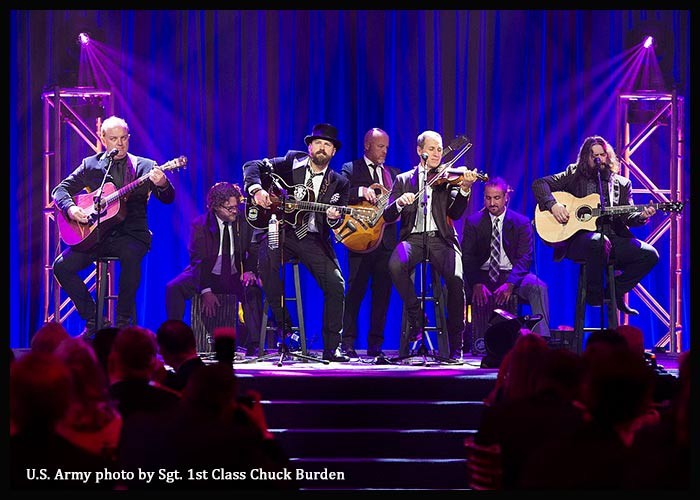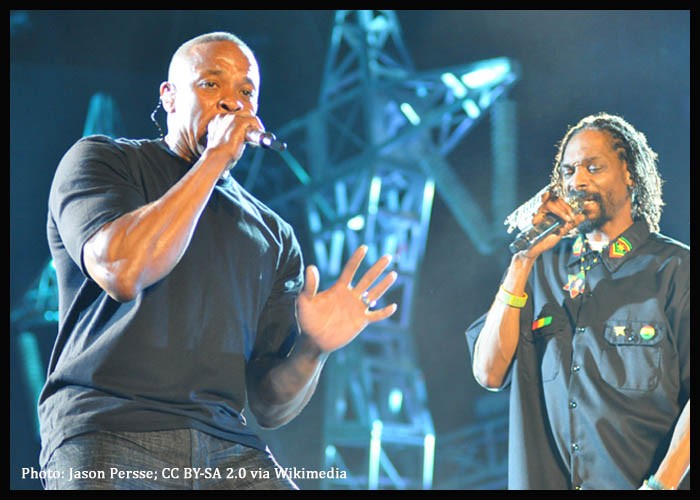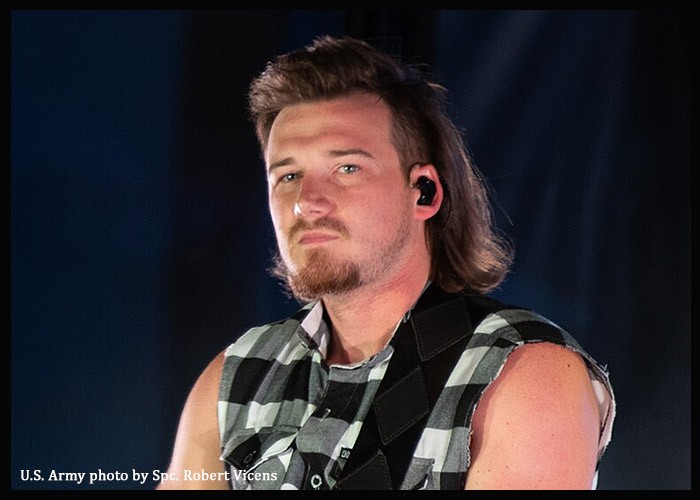
Tennessee head coach Rick Barnes
(On 78 of Tennessee’s 80 points coming from guards at Mississippi State)
“I don’t know if you go into games thinking where your points are going to come from, but if you look at our team, I think that, first off, most of those post guys think they are guards anyway. When you look at our team, the majority of guys that we’re playing would be guys that would be perimeter players and we have actually tried to get our guys to be able to play every position on the floor and with some of the offense we run, they really are in different positions throughout. It’s not like we can just say we are going to throw the ball on the side right now to a post player, and you’d like to be able to do that more, but there’s different ways to try to score in there. I think whether it’s slashing or driving in there to that higher percentage area, but we’re still trying to work to get Kyle (Alexander). Kyle and Ray (Kasongo) would be the two guys that can do it. Armani (Moore) goes in there, but people have really game-planned for him where they’re not going to. Earlier, they were trapping him, now they’re just standing between him and the basket and making him score over top of it. It’s been a long time since we haven’t a guy that we can just throw the ball into and just hope he can score somewhere and put some pressure on the rim to get fouled.”
(On defensive improvements)
“I think we’re getting better, I do. That’s one of the biggest improvements that Detrick Mostella has done. We know that he can shoot the ball. He’s like any shooter. He can have games where he can get going, and other games he might not make as many. What we’ve tried to tell these guys from day one is, ‘How do you affect the game when you don’t have the ball in your hand? How can you affect it?’ Defensively is one way, and we’ve still got to get better defensively. We’ve changed things up and we’ll continue to do things throughout the game to try to disrupt rhythm as much as we can. But we’ve got to be more aggressive in our zone. We’ve got to be more aggressive in our gaps trying to break the ball loose. We don’t turn people over enough. We need to break the ball loose more. That is with deflections, so there’s an area that we can really get a lot better. I’m not sure how much more we’re going to be able to with our post defense. I do think our guys are fighting there, and we’re going to continue to double it different ways, but our perimeter guys have to be more active for us.”
(On what impresses him about Vanderbilt)
“I’ve known (head coach Kevin Stallings) a long time, and anyone that’s in basketball appreciates the longevity and what he’s been able to do there. His team spaces well. They’re really well-coached in all areas. They do good things from out of bounds situations, special situations. They’re prepared. You look at their offense, and they spread you well. They pass the ball really well. I think he’s a coach that has his system and he recruits to it. I think he, obviously, has a great knack for developing players too. You look at some of the guys he’s recruited might not have been the most highly recruited players, but he and his staff have done a great job of getting them better. To me, that’s a talent, too, as a coach and the fact that he’s been there a long time. He’s been in the league 17 or 18 years now, and he’s probably seen it grow as much as anybody. Anybody in coaching could tell you that any of Kevin’s teams are always extremely well coached.”
(On Detrick Mostella’s attitude on defense and increased shooting percentage)
“Well I think we’ve talked to him, and he’s the guy that would come to the gym and he wants to be a good player. He was a player that when we first got here we weren’t sure where he would fall into everything. I think he’s matured with his teammates as much as anything. A year ago, and he’ll be the first to tell you that he felt like he wasn’t a part of it, and it was all because of his attitude thinking that it was just going to be easy, and he was just supposed to walk in here and that’s what a lot of young guys think. There’s a sense of entitlement, but he’s found out that a year ago it wasn’t like that. He stayed. Like a lot of guys, he could have left, but he said to me, ‘I want to do this.’
“It hasn’t been easy for him. I’m tough on him now. He’s done a great job with his teammates and they’ve seen a change in him. We watch him on tape a lot and there are some funny things that he does on the floor but he’s trying. He’s starting to realize that he can affect the game without shooting the ball. When he takes good shots and gets in rhythm he’s a guy on your team who you think is going to go win. He’s also learning shot selection. He took a tough one Saturday and then I took him out because he was feeling good. I said to him ‘Look, that’s not a good shot. I don’t want you to shoot yourself out of having a good shooting game.’ I think when you take bad shots then you have good ones there’s that doubt there that you’ve missed two in a row but they were two that you probably shouldn’t have taken. It’s a mental thing, too, but I also told him that he has to get lost in the game defensively. I would hate to be a player that goes into the game knowing that if I really want to play its all predicated on me making shots. That’s something that’s hard to determine even with your best shooters. I said, ‘If you want to play, how are you going to play if you aren’t making shots?’ I asked what’s going to be the value of this team and he’s starting to realize that he can do some other things.”
(On Robert Hubbs III’s performance at MSU)
“I was about to take him out, actually. During the game I said to the coaches, ‘We’ve got to score.’ We felt at the time that we needed to play through him so we went through a segment of that game where we were yelling from the bench to get Robert to the post. He went in there and he made a couple of nice plays. He missed a hook that he usually makes but his jump shot from the short corner was a huge basket for us. We knew that we really had to try and play through Kevin (Punter Jr.) and Robert. We knew that they were going to make a run so we had to score baskets. You can guard all you want but you still have to continue to score and he and KP did that for us.”
(On winning their first road game)
“I walked in after that game and asked if they had ever heard of Wally Pipp and obviously they had not. I was trying to make light of the fact that Armani didn’t play. I told them that back in the day Wally Pipp told one of the managers that he was tired and didn’t want to play. The manager tried to talk him into doing it and he said no and that he was tired and needed a day off. The manager said well okay I’ll put this kid in and he put in Lou Gehrig and Wally Pipp hadn’t been heard from since. I looked at Armani and said ‘Wally, how you doing?’ If they fail then I fail, we fail as a team. We turned the ball over with Texas A&M, took bad shots against Georgia. Both of those teams came out at halftime after being down and played harder. Not that we didn’t play hard in the second half but they played and went to a higher level. I told my team at halftime that we’ve been here and you can’t think that Mississippi State is just going to take this and sure enough they came out and played hard. Kevin Punter by far and away played his best game since we’ve been here. Rob Lanier wasn’t able to be at the game but he listened to it and he said ‘Coach, I can literally hear him talking through the television.’ That’s something he hasn’t done all year. I mean, he was talking to guys and the communication was great. That’s what we’ve been trying to get after and we still got a ways to go with it but our job after games is to make them understand that we can play 40 minutes. This was a 40-minute game; if we could only play for 20 minutes we would be undefeated in the SEC right now, but we can’t. Hopefully our guys have figured that out that you have to play 40 minutes because teams in this league aren’t going to give it to you after 20.”
(On what his team learned at Mississippi State)
“Everything is day-to-day. Today, we have to get better. We will look at what we did. We did some good things. What they will learn is that we were smarter in the first half. Against their zone, we were looking to attack like we always have, but we turned down some shots that we had been taking to get some better shots. That is where the ball was moving. When the ball gets stagnant, we are not very good. I think the biggest thing that we have harped on after those losses is that bad offense equals bad defense. I think of the six or eight points that A&M got because of bad offense and turnovers. Georgia got out in the open court some and turned the game around because of bad offense. Normally, good offense can lead to good defense, but when you take bad shots or turn it over, it really takes the energy from you. On Saturday, I thought we did a much better job of having good offensive possessions.”
(On running man offense against Mississippi State and difficulty in guarding Vanderbilt)
“We didn’t run any zone offense. Our zone offense is easy to me, but we felt like, as a staff, we would just go stagnant with the zone. We said we are running our man offense and just keep moving. I thought, because of that, we were better. The ball movement and player movement helped us and kept us in rhythm.
“Vanderbilt is difficult. I believe they have three seven-footers. They pass the ball well. With us trying to double-team them in the post, they do a really good job of passing out of that zone. They do a great job of spacing the floor with their ball-screen actions. It is going to take a great effort defensively because they are a very effective offensive team. They know what they are looking for, and they can shoot it. They don’t take many bad shots.”
(On Armani Moore’s status)
“We tried him before the game. When we left here, I hadn’t addressed it with the team, but my mind was made up that we weren’t going to play him. (Athletic trainer) Chad Newman had done a great job. (Armani) went on the floor and just didn’t have any lateral movement. I haven’t seen him today, and we were off yesterday. (His ankle) was swollen. It’s like life; it’s day-to-day.”
(On this team’s emphasis on blocking shots)
“Obviously, we know that we are undersized, so we have to swarm. We have to go get it, whether that is a charge or guys going to make plays. We talk a lot about space and trying to invade other people’s space, so they don’t have the freedom to just turn and pivot and get over us. We can wall it up and get someone to come flying in over the backside. Armani loves to do it, and I have told our team that we need two or three more guys doing that. That is what we have to do. We can’t just leave guys alone down there by themselves. We have to try and not let them throw it over the top of us, but even with that, if there is a loose ball, we have to go get it from the perimeter. Our perimeter defense is so important in helping our post defense. It starts with ball pressure and then rotations.”
(On Kevin Punter Jr. playing 40 minutes at Mississippi State)
“We were going to use our timeouts to rest him at certain times in the second half. We saved out timeouts to try to do that. He’s a guy that I’m always asking, how are you doing? I don’t want him to play 40 minutes, I don’t, but Saturday I really felt like he was going to play 40 minutes. I told our coaches–because he wants to come in the gym every day–under no circumstances can we let him come in on Sunday. I called him (Sunday) night and talked to him. I told him he sounded tired, and he said, ‘I worked out today’. I said, ‘Look, you’ve got to be smart about this.” He and Lamonté (Turner) are gym rats. But they’ve got to realize, we’re in the middle of January and we’ve got a long way to go. He’s got to take care of himself and get off of his feet some. It’s hard to tell a guy who knows himself, he’s old enough to know his body, and he’s old enough to know what he needs. Like I said, I don’t want him to play 40 minutes, but if need be, he’ll play 40 minutes.”
(On Vanderbilt junior Luke Kornet )
“It would be like you at five feet trying to guard me at six feet. I’m just looking over top of you, like ‘what are you doing down there?’ That’s what it’s like. We don’t really have anyone that can get up there. Kyle (Alexander’s) length is close and Ray (Kasongo) maybe, but (Kornet) looks over everybody. That’s why he’s so effective on the perimeter. We can put Admiral (Schofield) out there to pressure him a little bit, but Admiral is still giving away seven inches to him. So, (Kornet) can get the ball up high with his length, plus he’s a dangerous passer, shooter, and length is a hard thing to deal with. Especially with a guy who can step out there and shoot it and pass it. It’s a tough matchup inside, but it’s a tough match up on the perimeter too.”
(On the improvement of the team’s basketball IQ)
“A lot. It really has. We got a lot better on Saturday, especially defensively. I talked to our team a lol about screens. I don’t understand why our guys run into screens. Kevin has had some tough times just running into screens. After practice on Friday, I put him against the wall and told him if he keeps running into screens, that when we come back we are going to do a drill where I blow the whistle and he turns around and runs into that wall, and maybe it will knock some sense into him. He laughed about it, and on Saturday he was terrific. His head was moving, it was on a swivel. He was moving, he was engaged, he was jumping around, not getting stagnant. I told him he was going to get hit, and if I was coaching against him that I’d want to hit him every time down the floor. Whether it’s a ball screen, whether it’s running him off screens. I’d just want to hit him and make him work. Don’t accommodate them by getting hit. You’re going to get hit if you don’t look around. Saturday, I thought he played his best game. I thought he did a great job defensively, he did a great job of getting around screens, looking for screens, dodging screens and that’s part of basketball IQ. I do think we have gotten better, but just like most teams this time of year, we all can get better.”
(On Tennessee’s small lineup)
“Well, we don’t have a lot of choices really, when you think about it. I’ll tell you, I always coached big teams at Texas. We had big teams, and we never enjoyed playing against smaller teams that could stretch the floor. We always tried to have a team at Texas that could do both. We always looked for an undersized step-out post guy who could step out on the perimeter and shoot as well. I think to be a great team, you’ve got to have all of it, which is hard to do. I’d rather play against a big team that likes to pound it inside to the post. I think you can defend that a little bit easier than a team that spreads you out and moves the ball, and can shoot it, and get big guys away from the basket. A lot of big players don’t enjoy being that far away from the basket. They don’t like being moved around very much. I just wish we were two inches taller per guy. I’ve always said I’d love a team that was 6-7 guys across the board that could play every position. Those are fun teams to coach. And this is a fun team to coach, even though we aren’t real big. This group of guys, I like them, I like them a lot. I want to win. I don’t want anyone to think we are sitting around thinking we shouldn’t win. I’ve told them I think we should have won every game we’ve played, and I believe that.”
(On wearing an orange blazer vs. Vanderbilt)
“I appreciate tradition, but the one thing that I don’t ever want is for this program to be about me. I don’t want people coming to the game wondering if I’m going to wear an orange blazer or a tie. I don’t particularly like my name being on the radio show or the coach’s (TV) show. We did a segment last week called ‘Barnes Breakdown.’ When I walked in, I saw this board [in the studio]. I said, ‘Look, I don’t want my name there.’ I am not the University of Tennessee basketball program. I don’t want it to be about me. I think it should always be about the university first. I think it should be about the players. If someone asks me about wearing an orange blazer–I’m not trying to take anything away from the past–but if I am going to do something that will ‘bring attention to me,’ somebody is going to have to promise me that they will auction that jacket off to make a lot of money for a charity here in town. The way I dress should never be an issue. I just don’t want it to be about me. I don’t want this program to be about me. I want it to be about the University of Tennessee and the players. Believe me, I have great reverence for the past–coaches, the players that have come before our players. I don’t think I should be the billboard for the University of Tennessee. I think it’s a great university. You look at what Chris Lofton did, Dale Ellis, Ernie and Bernie–there are great stories about players that should be told more so than what I wear or don’t wear.”
(On the media’s reaction to Barnes’ thoughts on the orange blazer)
“Well, first of all, I don’t have one. I was coaching against John Pelphrey at Arkansas. He came out, and I said to him, ‘Do you enjoy that red blazer?’ He said, ‘Well, it’s a thing here. But, we auction it off after the game.’ I thought that was a good idea, a good reason to wear it. I am not superstitious. The fact of the matter is I think every game is important. Do I need to come up with something for every game to get people fired up? I should do that first. Sometimes, we have to get mic’d up now before games. I don’t like doing anything that I think is going to distract players or bring attention to it unless it’s for an incredible cause. Does it matter one way or the other? I don’t know, other than that fact that I just want this program to be what it’s all about–the players. I learned a long time ago, before I first got into coaching, that there was no better example of learning that than growing up in North Carolina watching Dean Smith. He was a guy, as you all know, that never put his face on the front of the press guides. He never put the face on the front of it. When you open those press guides up, first thing you would go to is the coaching staff, then down the line, administrators. He was the first guy to put the players first. He put them first in the program. I thought it was great because he is right. I don’t have a problem wearing anything, really. It’s about players, and it’s about the University of Tennessee. My coaches are just as invested as I am. If it were up to me, I’d dress like Bill Belichick or like I am right now. This is the way I live my life. I’d rather dress that way. I don’t want anybody to think I’m disrespecting anything. It’s not any of that. It’s just that we want to take this program to the highest heights it can go, and I think it can go to the top. And when it is, I still want it to be about the University of Tennessee and the players. They’re the ones that are going to get it there.”
-UT Athletics










